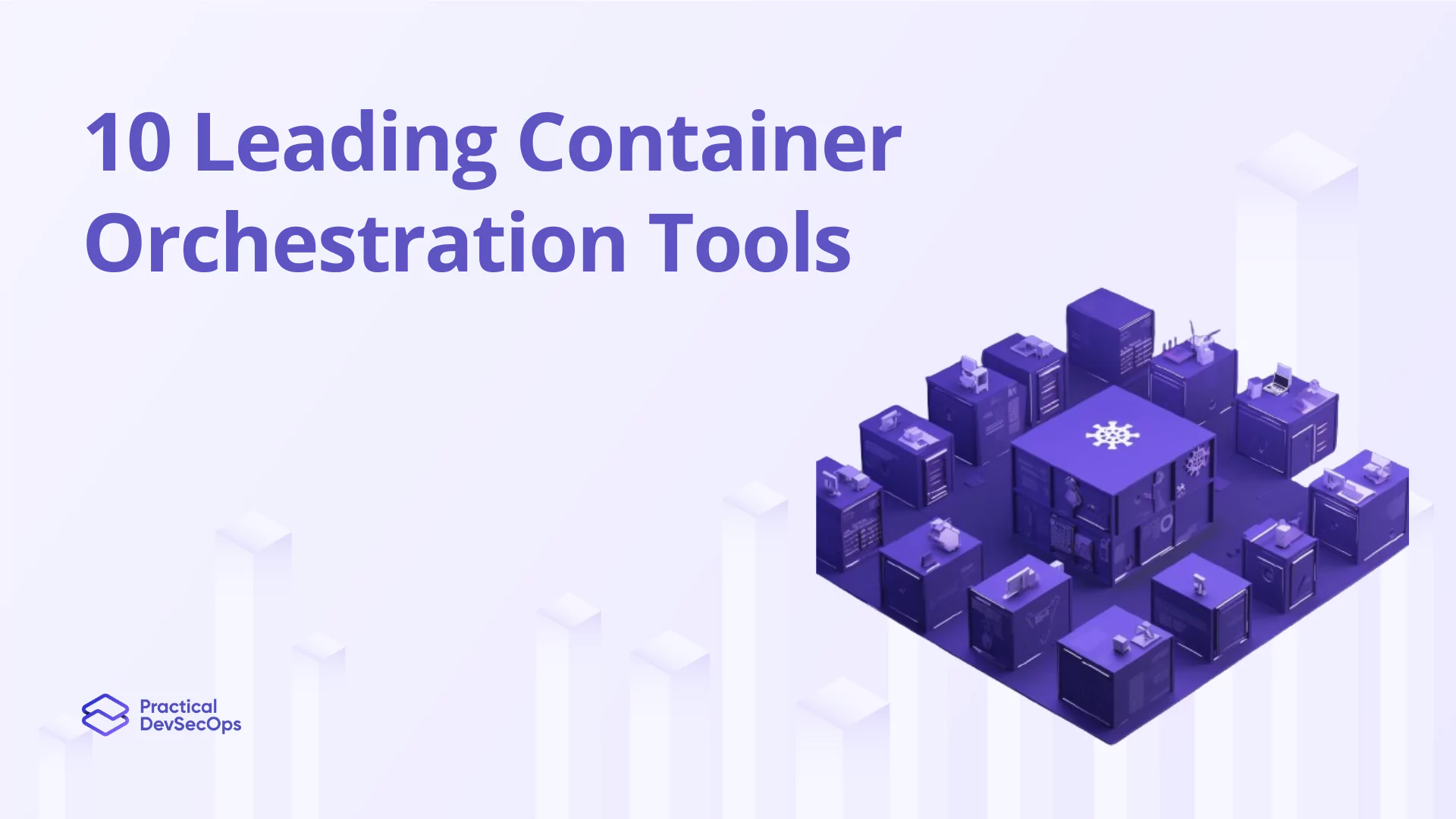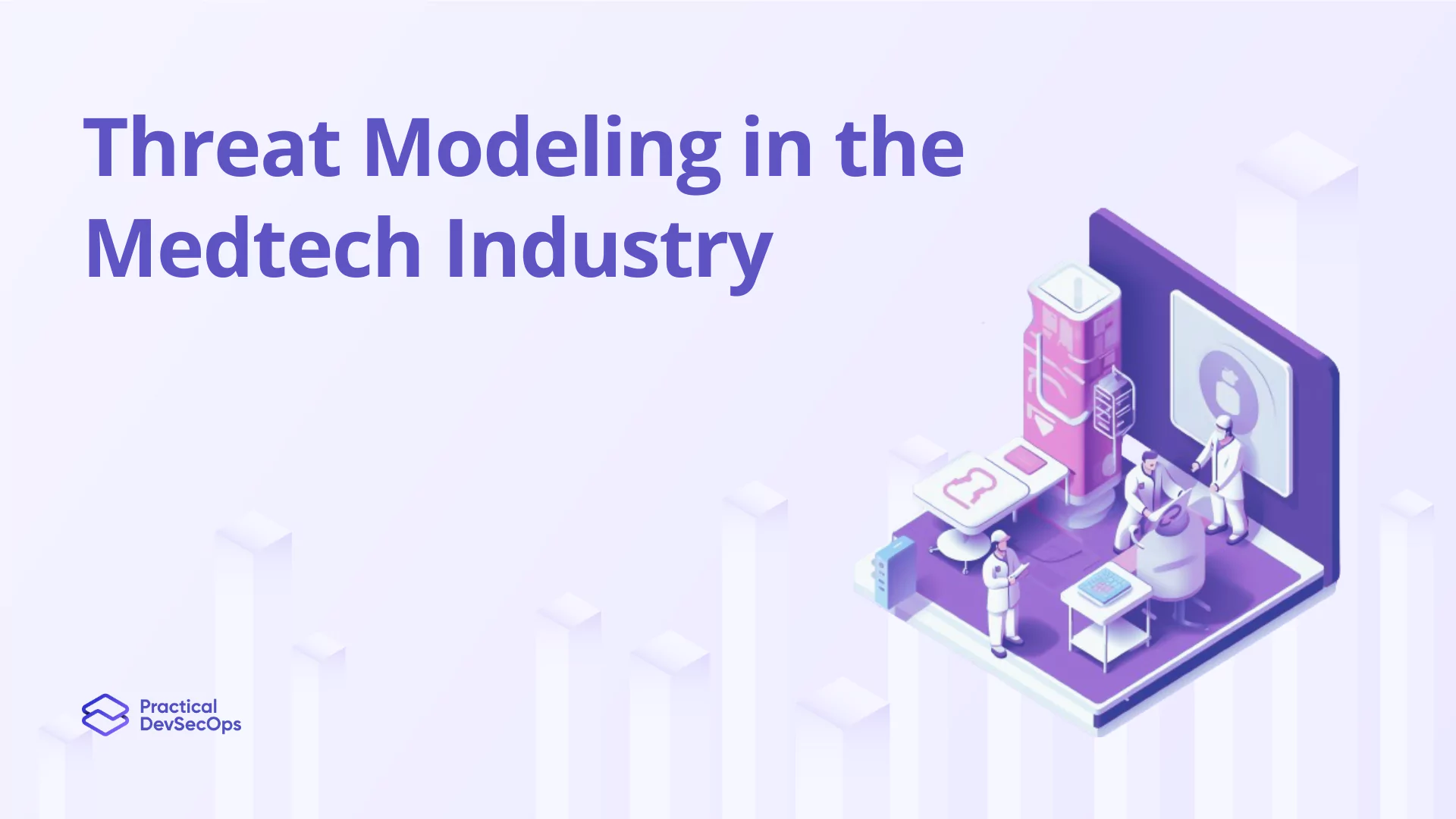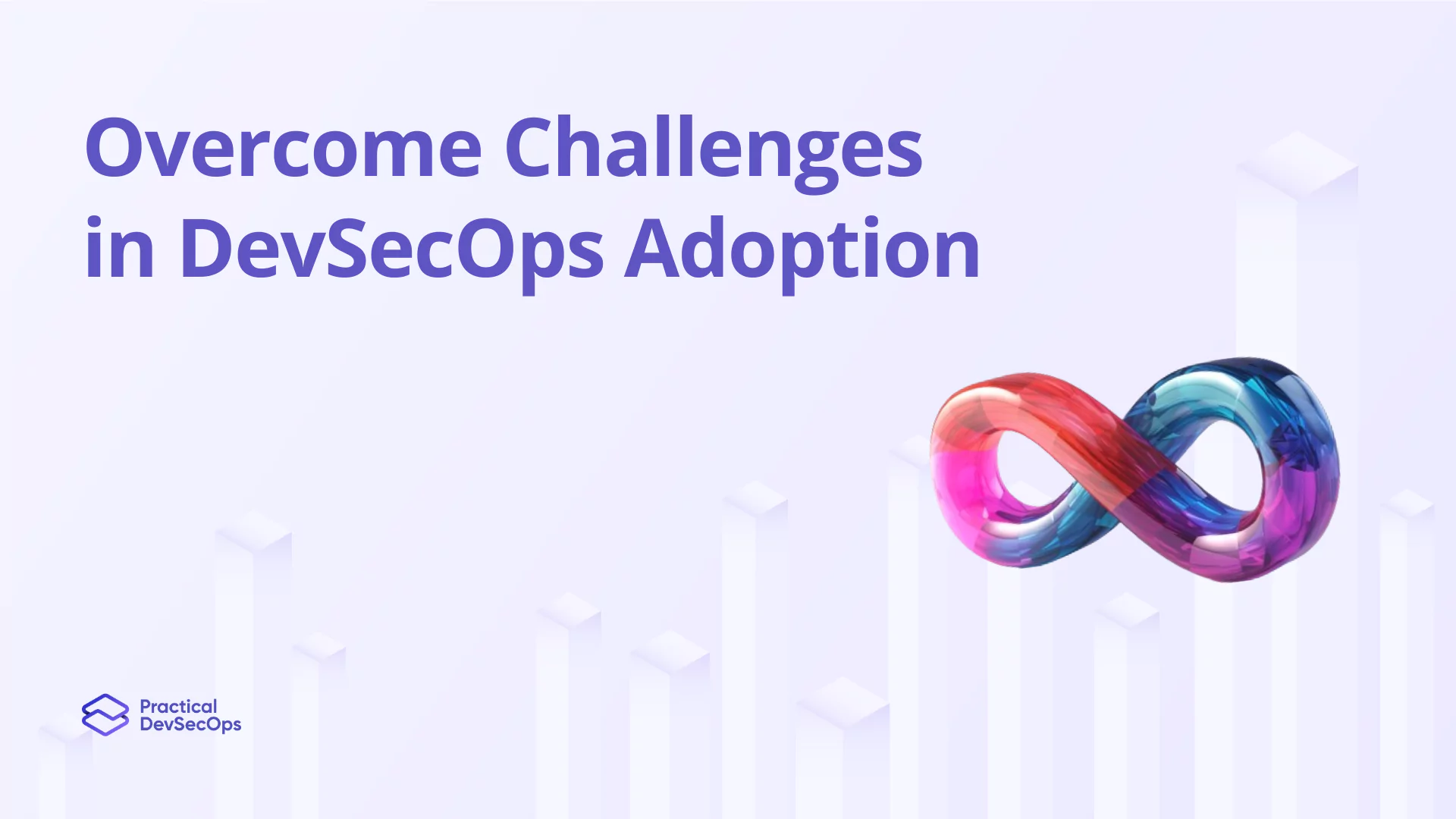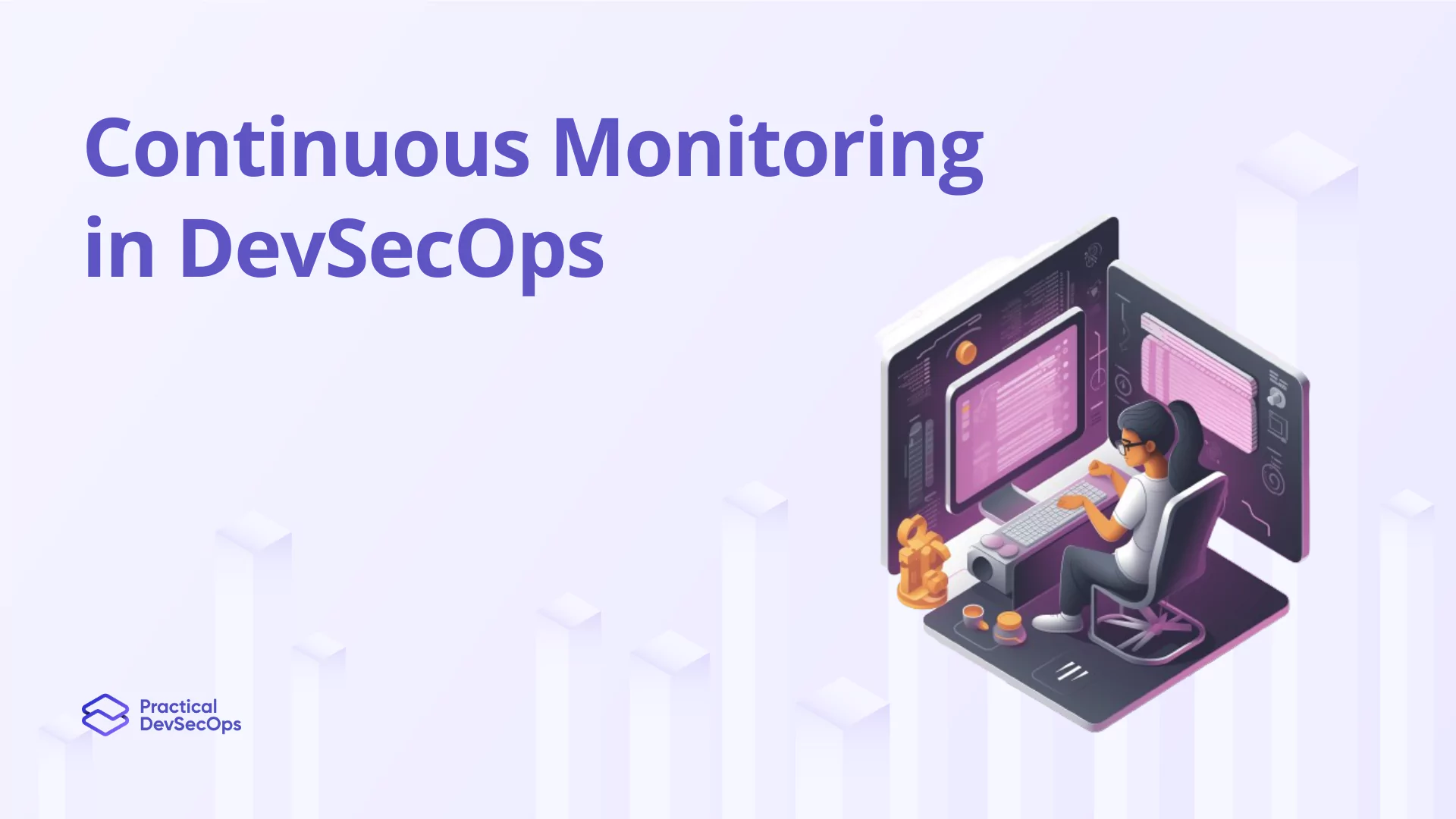In 2024, these concerns will be tools bearing on the practice of modern container orchestration in DevOps. This modern DevOps practice tool for container orchestration is critical in the management of complex containerized applications across different environments.
It includes the process of deployment, scaling, and management such that automation can drive the tools to adjust to changes in scale and complexity, enabling proper functioning in an effective and consistent manner.
Kubernetes is, indeed, the front runner with regards to innovation, but new cloud-native services in the form of Amazon ECS, Azure Kubernetes Service, and Google Kubernetes Engine entered the scene very nimbly, along with creative solutions such as Docker Swarm and Apache Mesos. The way the present technology trends and requirements shaped the future of containers management.
What is Container Orchestration?
In general terms, container orchestration refers to life-cycle management for containersᅳprovisioning, deployment, scaling, networking, and even termination, at some points. This tool would ensure organizational efficiency and reliability with a huge number of containers running in different environments but coming up, in the end, with the right kind of modern applications.
Container orchestration is of top importance, supporting CI/CD processes, where application deployments are enabled very, very quickly, at scale, and in a manner that is consistent. Container orchestration tools work in container management by dealing with things like load balancing, service discovery, and resource allocation, so as to improve and smoothen the DevOps workflow in a way that the team can focus on developing and improving the app, and not on the infrastructure underneath it.
So, such an orchestration is done to the end that resources are driven to be utilized at a maximum, thereby increasing the agility and resilience of services in line with current demands for software development and delivery.
Also read about Top Container Security Tools for 2024
10 Best Container Orchestration Tools
Kubernetes (K8s)
Kubernetes, abbreviated as K8s, is a container orchestration software used in the automated scaling, deployment, and administration of application containers. It, therefore, supports effective management of the declaration-based configuration and automation of the workload in the container, allowing the use of the efficient provided resources by the underlying infrastructure.
Key Features
- Automated rollouts and rollbacks
- Service discovery and load balancing
- Self-healing mechanisms
- Horizontal scaling
Docker Swarm
Docker Swarm comes with its native Docker containers clustering feature, turning a pool of Docker engines into a virtual Docker engine. It also comes with easy setup and management; that is, it has the capability to manage a cluster of Docker nodes as a single unit.
Key Features
- Native clustering for Docker
- Decentralized design
- Load balancing
- Easy to set up and manage
Amazon Elastic Container Service (ECS)
Amazon ECS is the most elastic, high-performance container orchestration service powered by an AWS cloud provider to leverage the strong management capabilities of Docker containers running on a cluster of Amazon EC2 instances.
Key Features
- Tight AWS integration
- Container health management
- Scalable and flexible
- IAM roles for tasks
Also read about Are Containers more secure than VMs
Azure Kubernetes Service (AKS)
Just go ahead with deploying, managing, and running Kubernetes on Azure using Azure Kubernetes Service (AKS). The service helps provide an environment in which tools and services pair to empower and improve the management of applications in containers.
Key Features
- Integrated monitoring and control
- Azure Active Directory integration
- Auto-scaling
- Continuous integration and deployment
Google Kubernetes Engine (GKE)
With Google Kubernetes Engine (GKE), businesses can harness a managed Kubernetes service tailored for containerized workloads, enabling them to execute their container-based applications seamlessly in the cloud. GKE is built on Google’s infrastructure, GKE promotes safe and secure scaling of containers, ideal for cloud-native application management.
Key Features
- Auto-scaling clusters
- Multi-cluster support
- Data and analytics integration
- Network security and isolation
Also read about 5 Best Kubernetes Authentication Methods
Red Hat OpenShift
Red Hat OpenShift is designed as a full container application platform extended for Kubernetes with features and services to architect, deploy, and manage applications across hybrid clouds.
Key Features
- Integrated development environment
- Automated installation and upgrades
- Container image registry
- Advanced networking
Rancher
Rancher is a software platform that helps in overseeing Kubernetes, along with its customized version of Kubernetes making it simple to handle applications in containers across settings ranging from servers, to cloud services.
Key Features
- Multi-cluster management
- Integrated Kubernetes deployment
- Catalog of applications
- Security and compliance features
Nomad
Nomad by HashiCorp offers a flexible and modern approach to workload orchestration, supporting not just containerized but also non-containerized applications, making it a versatile choice for diverse computing environments.
Key Features
- Simple and unified workflow
- Multi-datacenters and regions
- Scaleable to thousands of nodes
- Diverse workload support
Apache Mesos
Apache Mesos is a high-performance cluster manager. It offers efficient resource isolation and sharing for distributed applications, including frameworks, making it ideal for both container orchestration and running traditional applications in a unified environment.
Key Features
- Scaleable to tens of thousands of nodes
- Resource isolation
- Efficient resource scheduling
- Frameworks for diverse tasks
Mirantis Kubernetes Engine
Mirantis Kubernetes Engine was previously known as Docker Enterprise. It’s a comprehensive container platform that offers secure, scalable, and robust solutions for containerized applications. Moreover, it supports a wide range of computing needs and environments.
Key Features
- Enterprise-grade security
- Full lifecycle management
- Integrated storage and networking
- Multi-cloud capabilities
Conclusion
Among the best tools of container orchestration—like Kubernetes, Docker Swarm, and others—features include auto-scaling, load balancing, and multi-cloud support. All these tools feature, in every aspect, perfection to meet the diverse organizational needs and infrastructure environments. Among the orchestration platforms considered, due consideration needs to be assessed for fitment based on your specific requirements—be it scalability, ease of use, integration capabilities, or security needs that ensure driving operational efficiencies in support of your DevOps goals.
Are you ready to take your DevSecOps and security expertise to the next level?
Ready to become a Certified Container Security Expert (CCSE) and enhance your DevSecOps skills? Practical DevSecOps invites you to join our comprehensive training program. Dive deep into container security concepts, tools, and best practices under expert guidance. Gain hands-on experience in our state-of-the-art online lab and elevate your expertise in securing containerized environments. Join thousands of security professionals and developers who have unlocked new career opportunities with the CCSE certification from Practical DevSecOps. Take the next step in your DevSecOps journey today!
Also read about DevSecOps Skills in-Demand for 2024






0 Comments